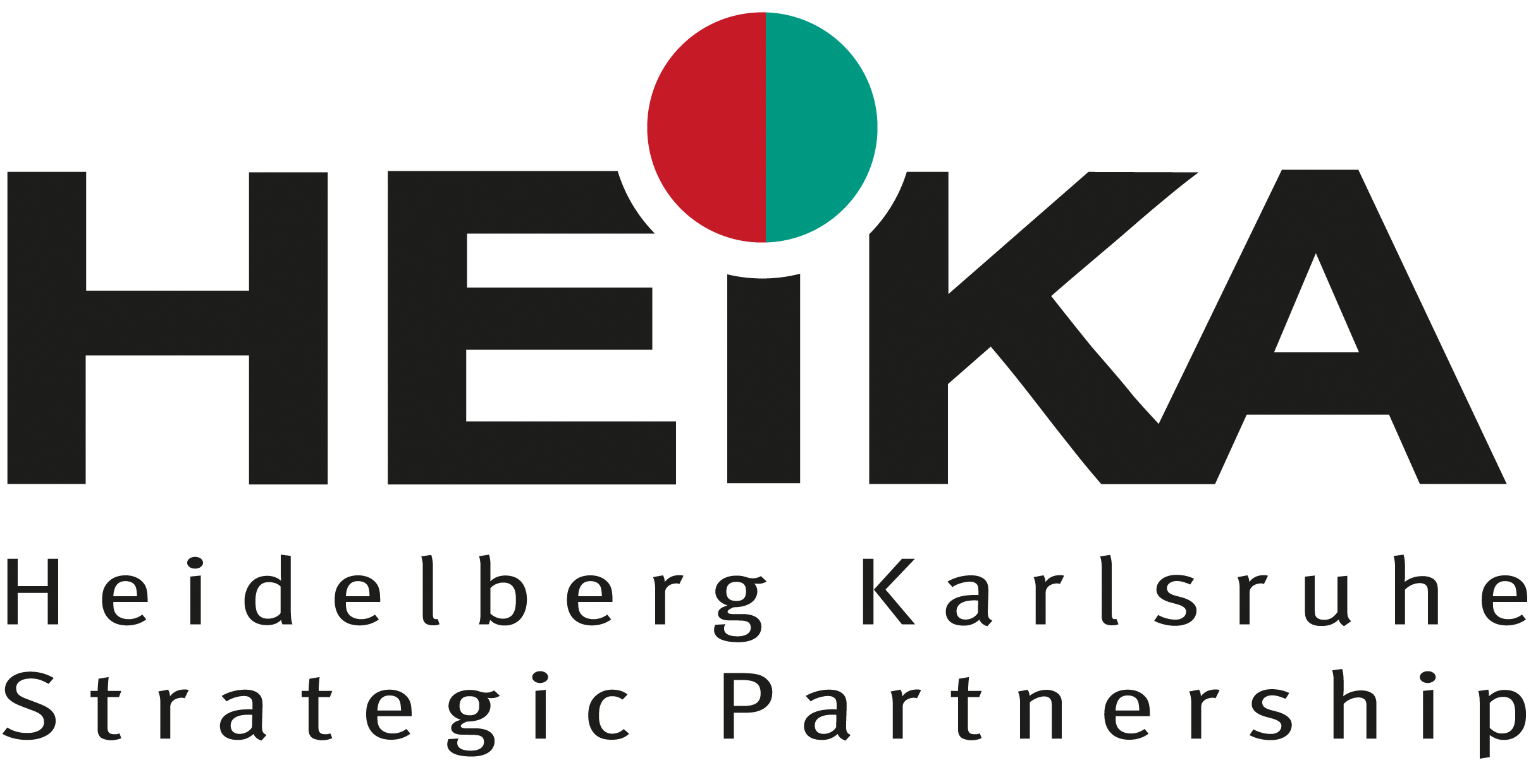We propose to demonstrate and develop an innovative application of quantum sensing in neutron particle physics: spin-selective detection via switchable magnetic field gradients at reflecting surfaces. This is a true quantum sensing application, in that the detection probability depends in detail on the quantum state of the neutron via its amplitude coefficients for reflection and transmission, in any spin state or superposition. Switchable, spin-selective neutron detection provides a potential means of realizing statistical sensitivity gains between 2 and 3 orders of magnitude in precision measurements with stored ultracold neutrons (UCN). Key examples of experiments that can profit from such methods include measurements of the neutron electric dipole moment (EDM) and gravity resonance spectroscopy (GRS), both extremely contemporary examples of high-impact neutron particle physics. Further impacts of this technique include evaluation of UCN momenta, which cannot be resolved by existing methods with acceptable detection efficiency, but which correlates with important systematic effects in practically all precision measurements involving UCN. Our approach can be efficiently developed without relying on laborious UCN experiments, via the standard neutron scattering method of cold-neutron reflectometry. The Heidelberg group led by S. Degenkolb offers unique expertise in cold- and ultracold-neutron instrumentation, while the KIT group led by S. Kempf supports development of the magnetic fields generated by superconducting microstructures. This conjunction of expertise is sufficiently rare that despite wide interest since its proposal, this detector concept has not yet been experimentally pursued. Broader applications including neutron-depth profiling can also potentially benefit from the complementary techniques that our method would introduce.
Research bridges
Run-time
-
Institut für Mikro- und Nanoelektronische Systeme
Karlsruher Institut für Technologie

